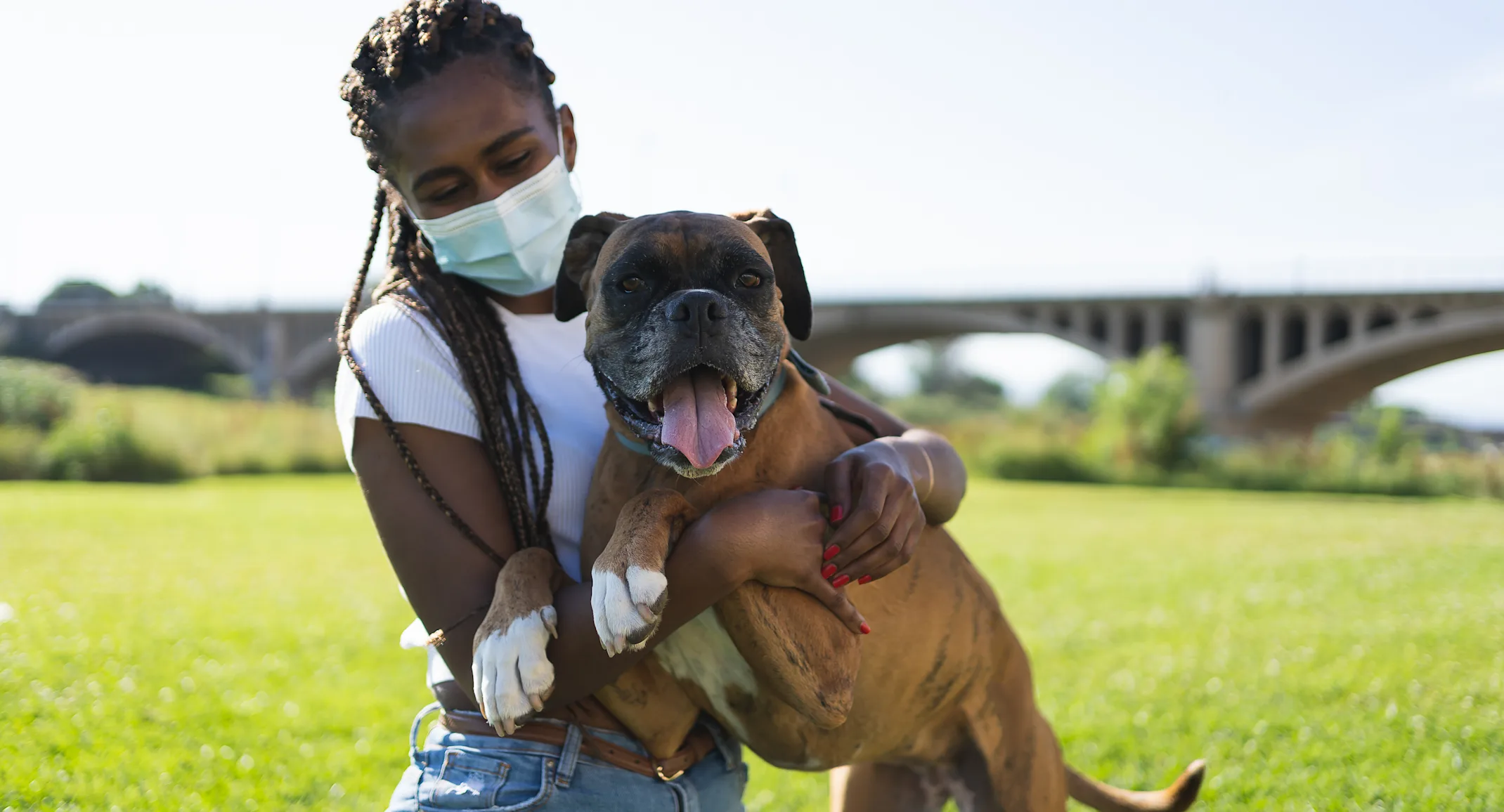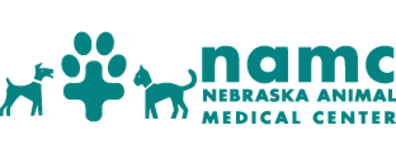Signs And Treatments For Canine Influenza
General

Canine Influenza, or dog flu, is a highly contagious respiratory infection that can effect dogs if they are exposed to an infected dog. The infection primarily affects Asia and other parts of the globe, but has started to infect more animals in the U.S. over the past few years. Unlike “human” influenza, there is no season and animals can be affected year-round. There are different strains of the virus that can occur but signs and treatments are the same.
Symptoms of Canine Influenza
Cough – A cough that persists for 14-21 days will be a sign even in a mild case. Despite treatment for what may appear to be “kennel cough,” antibiotics and suppressants will not work and the cough will persist.
Fever – In some of the more severe cases, there may be signs of pneumonia such as a high-grade fever, and increased respiratory rate.
Accompanying Signs – The cough will usually be accompanied by a runny nose, lethargic behavior, loss of appetite, and sneezing.
Transmission of the Virus
The virus is primarily transmitted via coughing, barking, or sneezing, as well as contaminated surfaces. It is also passed from humans who are working with multiple animals. The incubation period is 2-4 days with signs appearing during and shortly after that time frame. The animal will be contagious for approximately 7-21 days after transmission. Dogs should be isolated for up to 21 days depending on the strain contracted. Because some dogs can be incubating the virus and not show symptoms, it is advisable to limit your dog’s exposure to other dogs if traveling out of state.
Treatment
Veterinary care is required to establish the best treatment options. As is the case with all viral infections, proper care, supervision, nutrition, and hydration are critical to recovery. Most dogs will recover from canine influenza within 2-3 weeks. There is a decent risk of secondary infection which could warrant different treatments including:
Antibiotics based on the secondary infections
Anti-inflammatory medication to help control fever
Additional fluids to correct dehydration
If you have any questions regarding Canine Influenza, including vaccinations and treatments, please contact NAMC at (402) 423-9100. This article was submitted by Dr. Carrie Frey
